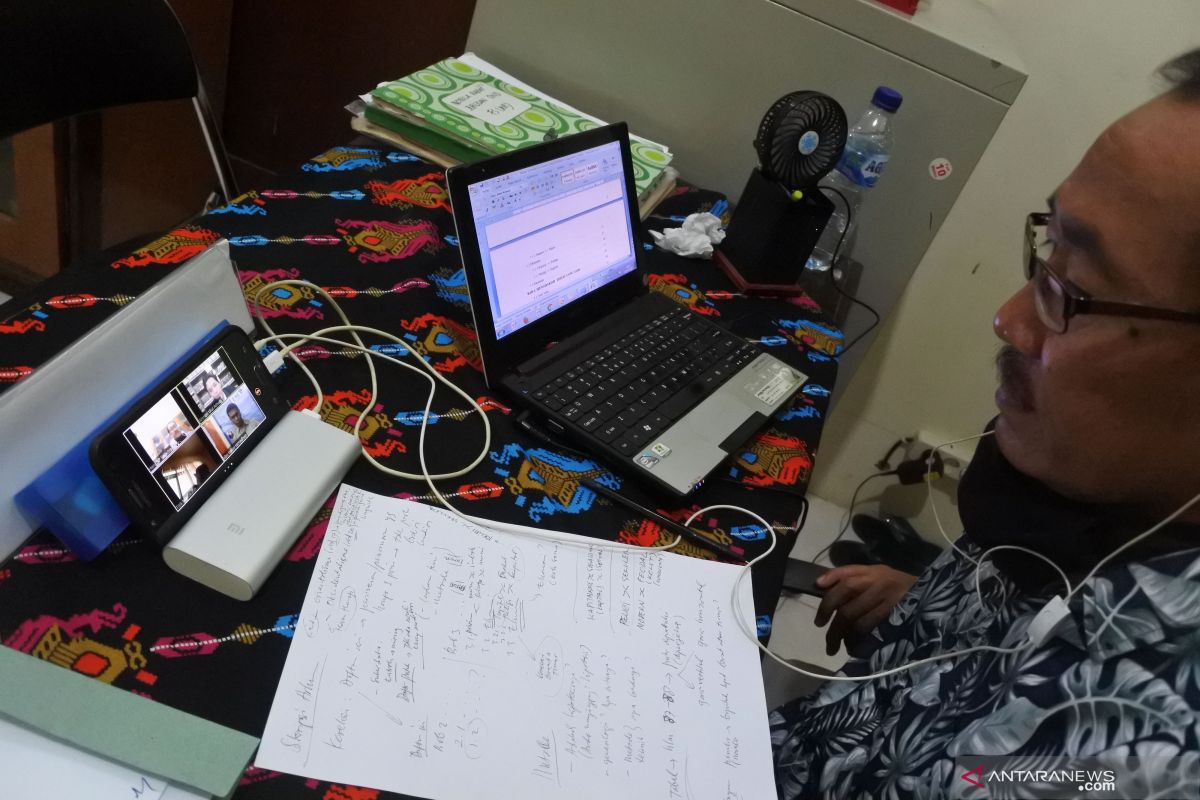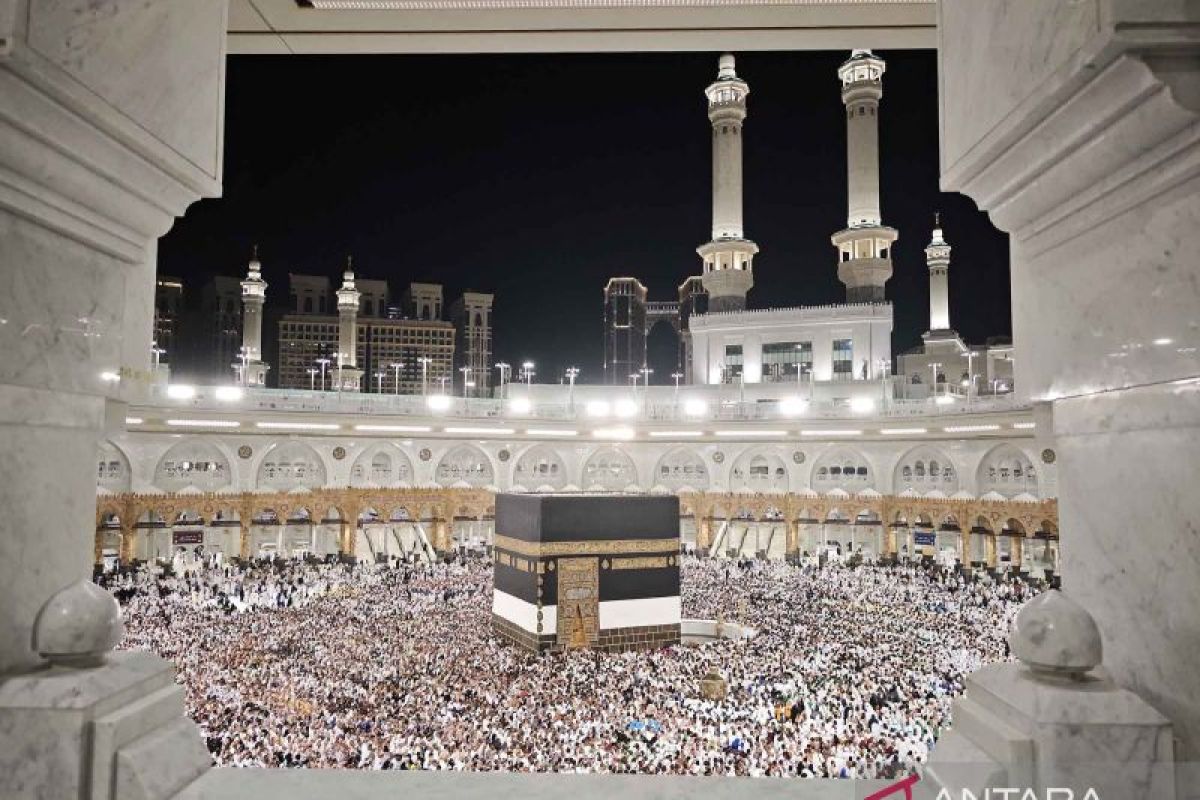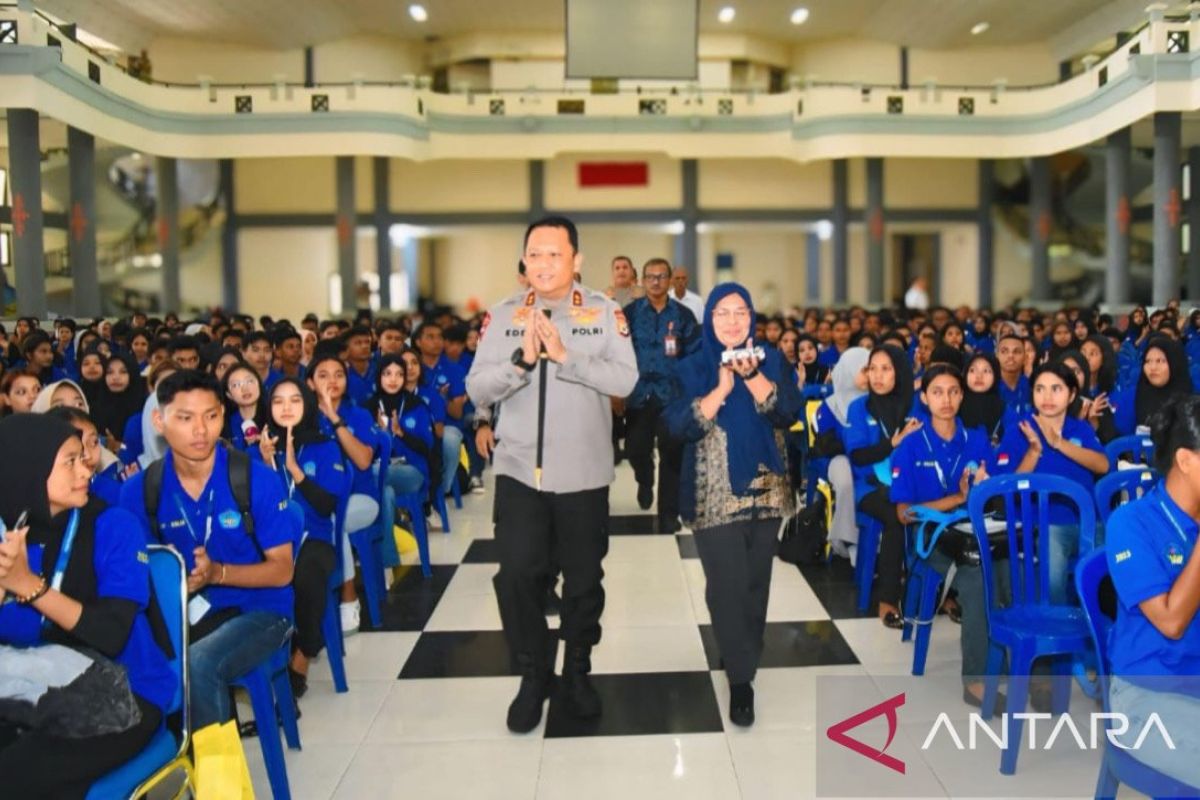Piece by piece they go: events which are part of the fabric of our sporting and national life, cast off by a BBC which was once proud to broadcast and cherish them as fixed points in the rhythms of the year.
The Boat Race is the latest it is giving up. And though no one would pretend that many license fee payers recalled which team rowed in light or dark blue over 86 years of televised competition between Oxford and Cambridge, the current 2.6million viewership tells us that it is still much loved.
An event which, along with the Six Nations’ finale, the Masters and Grand National, has traditionally always reminded us that the Spring, and a new sporting year, is here.
But ‘tradition’ is frowned upon now, isn’t it? Our sporting heritage doesn’t cohere with the new, ‘young’ market the BBC obsessively pursues. Its press releases herald a reality TV show to find new the most ‘exciting football creators’ or documentaries set inside football academies and fronted by showbiz stars.
The Boat Race, we are told, is something the BBC has ‘fallen out of love with.’ Along with the Grand National, The Open, the English cricket Test team, the Paralympics and Royal Ascot. Each of those pillars of British sport came with the license fee in the early 1990s. No longer.
The Derby, the Cheltenham Festival and Ryder Cup are also long gone. As the Boat Race follows them, the BBC conveys the distinct impression that it has simply given up on live sport altogether.
The BBC has given up rights to the iconic Boat Race between Oxford and Cambridge
This is the latest major event that the BBC has lost in recent years (pictured - Director of BBC Sport Alex Kay-Jelski)
Its geniuses lack the remotest notion that hundreds of thousands of British families will, despite little interest in rowing for 364 days a year, still gather around a TV set to watch the Boat Race, having perhaps decided which shade of blue they will be backing this time.
It is the moment when all the old vernacular of the event comes tumbling back. The ‘Middlesex bank station’, the ‘Surrey bank’, Putney Bridge and that ‘the long curve through Chiswick.’
The great commentators have been a part of it too, of course. When news came down on Wednesday that the BBC had cast the race aside like an old rag, people were remembering gravelly-voice John Snagge, the pre-war commentator who on a rather foggy Boat Race day came out with his legendary line.
‘I can’t see who’s leading. It’s either Oxford or Cambridge.’ How beautifully British.
There was also the inimitable Barry Davies, of course, and on BBC Radio 2, the peerless Peter Jones, who suffered a heart attack and collapsed on the BBC launch during the 1990 race, and died, aged 60. Future radio rights are yet to be decided.
The new TV custodians are Channel 4 and if the way that broadcaster has nurtured and cherished the Paralympics is anything to go by, then there is TV life in the Boat Race yet.
There were immediate signs from the new custodians of an intellectual and creative curiosity absent in a lumpen BBC, with talk of more focus on the new youth boat race, featuring competitors from state schools. The first such race last year involved crews from 64 state schools.
The Boat Race was once a pillar of British sport and is still much loved by many, but the BBC conveys the distinct impression that it has simply given up on live sport altogether
The other events it no longer broadcasts include the Grand National (above), the Paralympics, The Open, Test cricket and The Ryder Cup
There appears to be potential for staging a race for disabled competitors, drawing on Channel 4’s Paralympic work. Proof that British sporting events with great traditions can be reimagined for the future.
One also imagines that the centenary of the women’s race in 2027 and the bicentenary of the men’s race in 2029 offer Channel 4 wonderful potential, with the BBC not prepared to wait around for a few more years to seize those opportunities.
Of all the mementoes kept by the BBC’s Davies, who commentated on elite sport all over the world, a rowing blade with the inscription ‘The Voice of the Boat Race, 1993-2004’ is cherished perhaps the most, and still hangs above his desk.
‘Those were 12 years of many faces and different characters all playing their part in a wonderful sporting contest of great tradition and huge endeavour,’ he reflected years after passing up his Boat Race microphone. ‘It was a privilege to be a small part of something very special.’

 1 hour ago
1
1 hour ago
1

















































